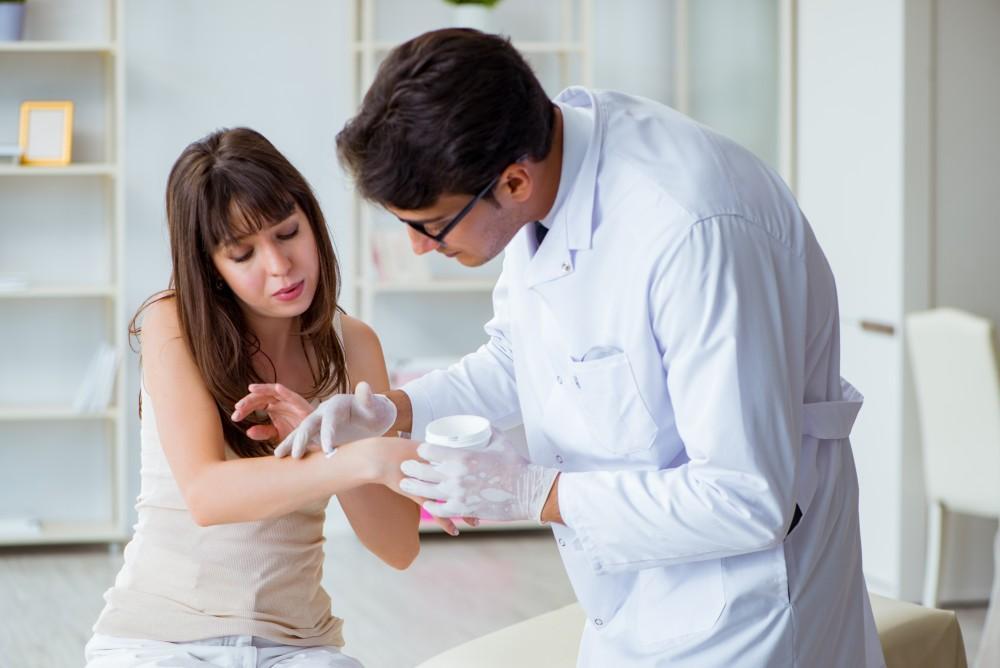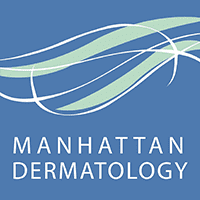
Plagued by Acne? We’ve Got Solutions
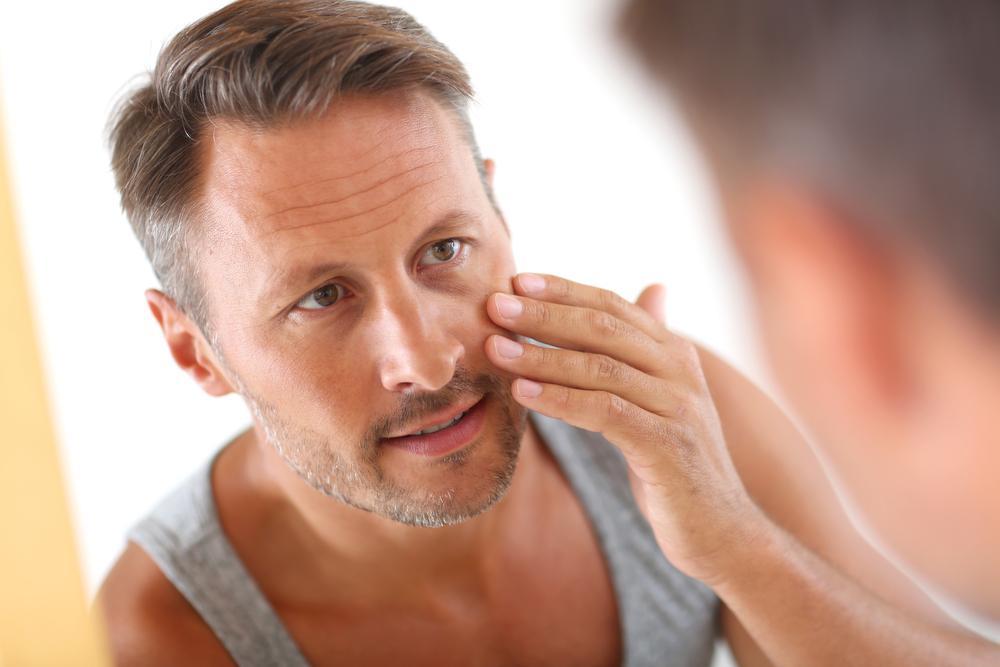
If you’re plagued by acne, you’re not alone. An estimated 85 percent of Americans between the ages of 12-24 experience acne. It doesn’t discriminate. It occurs in men, women, and adolescents of various ages and backgrounds. While acne is known to impact adolescents, particularly during puberty, adult acne is also on the rise. And even if you haven’t had acne in adulthood, the acne scars from your teen years can remain. If you’re dealing with acne, the expert dermatologists at Manhattan Dermatology in New York City can get rid of it and prevent it from returning.
Acne 101
Pimples, whiteheads, bumps, and blackheads are all common symptoms of acne, an inflammatory skin condition. The average person has about 20,000 pores on their face and five million throughout their body. Pores play a crucial role. They get rid of oils and toxins and allow your skin to breathe.
Unfortunately, pores can get clogged and cause pimples and other pesky issues. Problems occur when oils and dead skin cells block your pores, resulting in inflammation. You can get acne anywhere, but you’re more likely to get it on your face, neck, back, chest, and shoulders.
How acne affects you
While acne isn’t life-threatening, the appearance of acne and any scars associated with it can impact your self-esteem and psychological well-being. Additionally, having severe acne can cause depression, anxiety, and social withdrawal. When patients find effective treatments for acne, they find it can boost their confidence and improve their social interactions.
Topical and oral treatments
You can expect expert care from the board-certified dermatology team at Manhattan Dermatology. We offer a wide variety of treatments to get rid of acne. Topical and oral therapies can treat your acne and prevent it from returning. These therapies penetrate the oil glands and reduce the amount of oil in your pores. They also help shrink your pores and get rid of bacteria.
Hormone therapy
If your acne is stubborn, it may respond to hormone therapy. Oral contraceptives have been safely used to treat acne for decades. The amount of androgens your body makes can have an impact on your acne. Androgens are sex hormones, and having too much of them can increase your risk of developing acne and may even worsen its severity. That’s because your oil glands are very sensitive to androgens, such as testosterone. When androgen levels spike, sebaceous glands produce more oil. The excess oil and bacteria can clog your pores and result in acne. Oral contraceptives can help balance your hormones and control androgens to improve your acne.
Chemical peels
Getting a chemical peel involves using a solution that causes the outer or middle layers of your skin to regenerate for an improved appearance. Chemical peels can help address the following:
- Enlarged pores
- Blackheads
- Dark spots
- Mild acne scarring
Laser treatment
Laser treatment can improve the appearance of acne scars. Most lasers work by sending targeted energy to the treatment area. Laser energy not only removes the damaged top layer of skin, it also penetrates the dermal layer, where serious damage resides. This makes laser treatment highly effective for moderate to severe acne scarring. Once the damaged layers are removed, you’re left with healthier, more vibrant skin.
The team at Manhattan Dermatology is dedicated to providing the highest level of dermatological care. To treat your acne, book an appointment online or over the phone today.
You Might Also Enjoy...

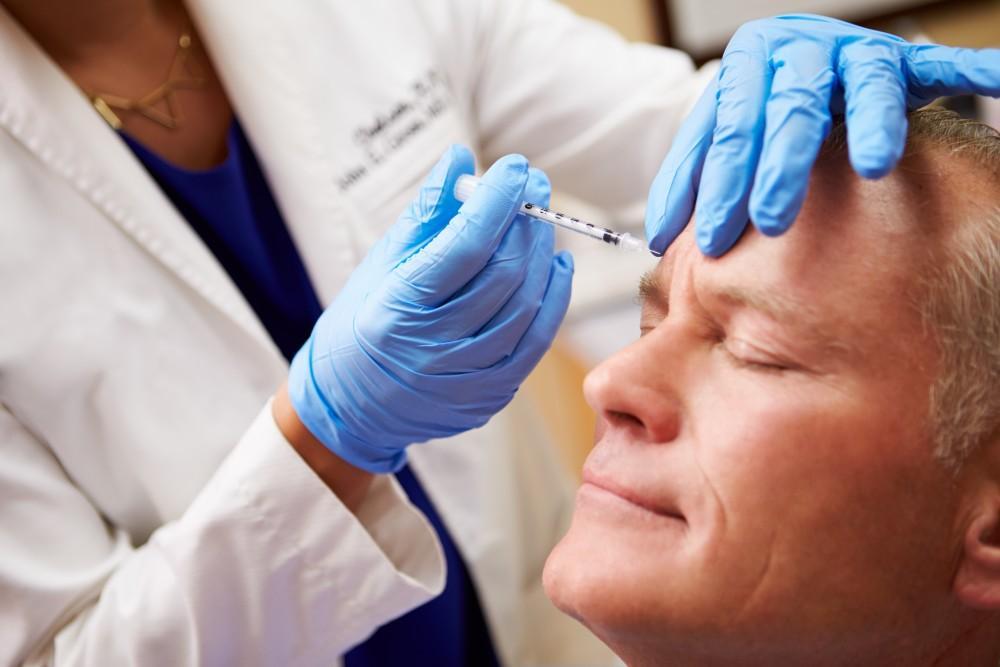
5 Tips to Make the Most Out of Botox® Treatments
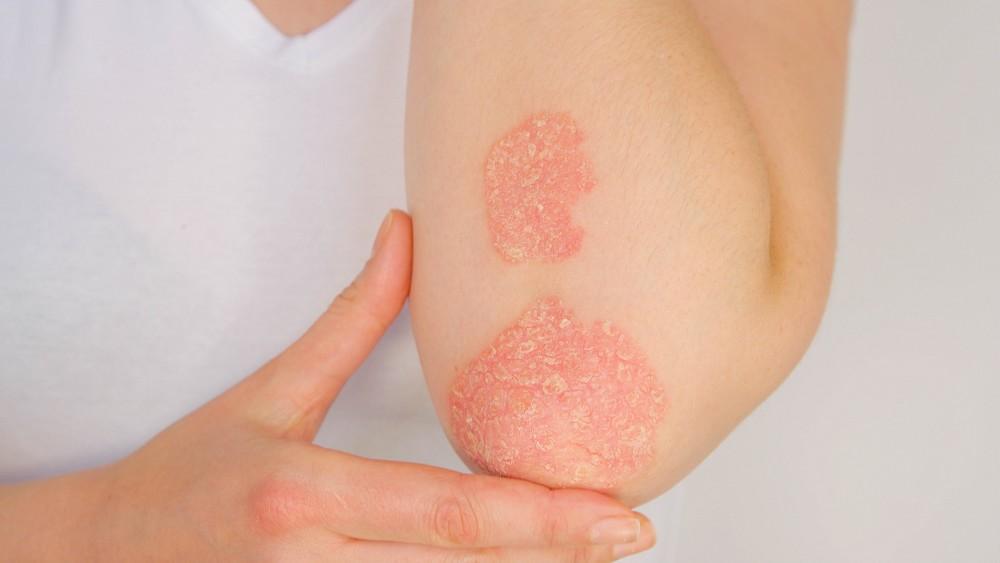
Does Psoriasis Run in Families?
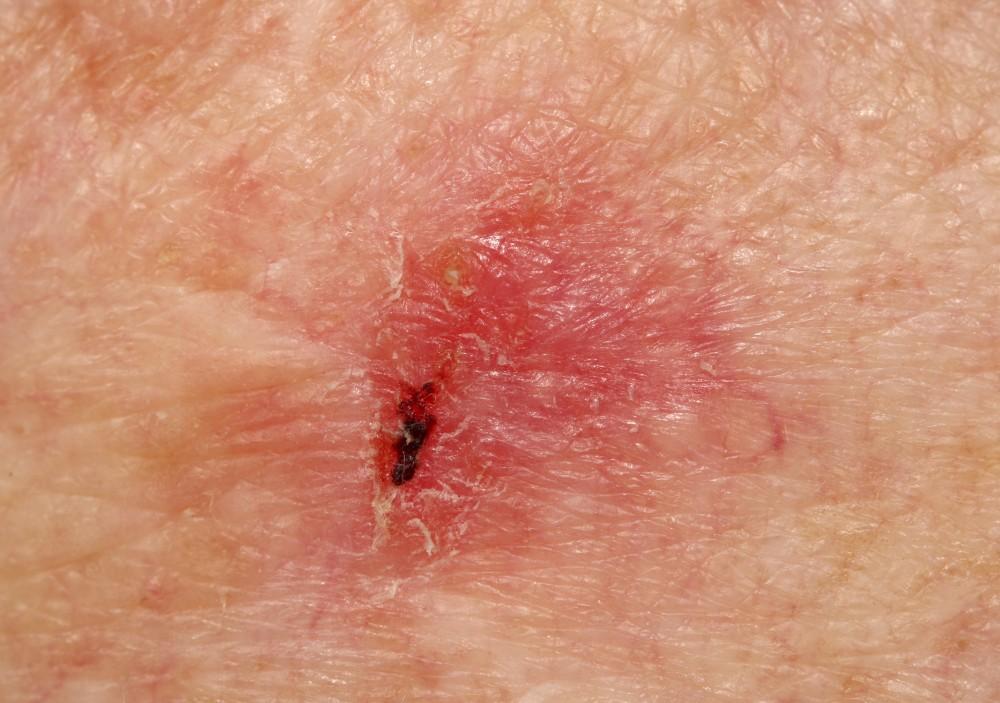
Do I Really Need Treatment for Basal Cell Carcinoma?
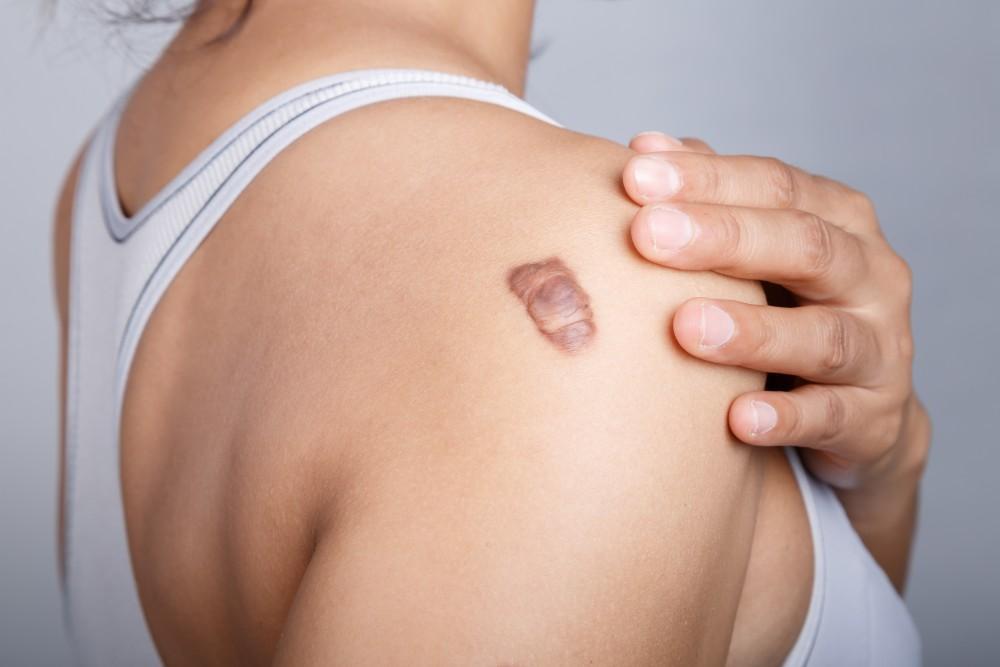
Are All New Moles in Adulthood Cancerous?
